Get to know some of the UCSC graduate students who have served as TAs and instructors with the Legal Studies Program.
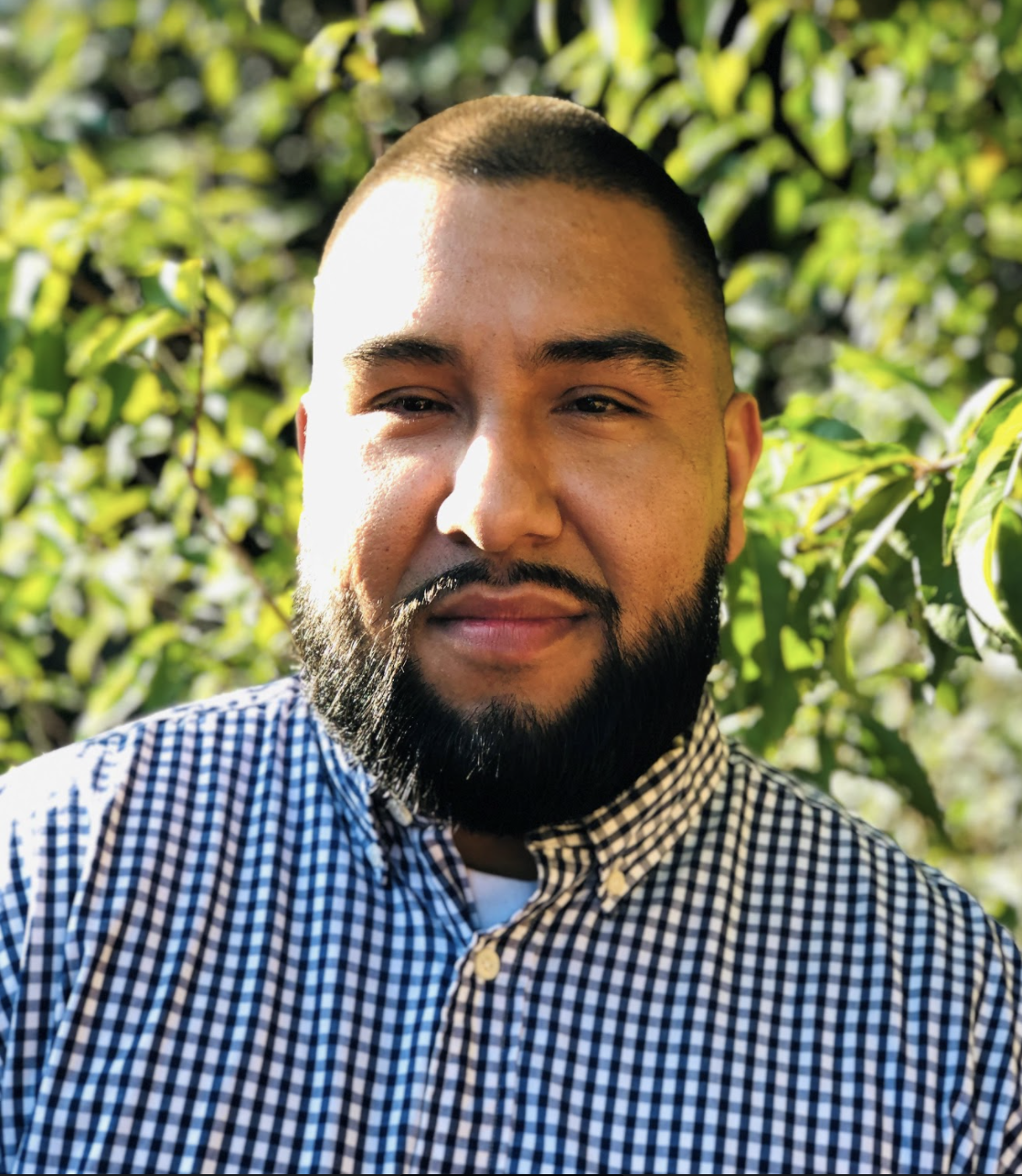 Hello, my name is Anthony Bencomo, and I am a graduate student in the UC Santa Cruz Politics Department. My research examines the power of street gangs and their impact on local communities. A crucial piece of advice that I received is that although some people may try to turn the classroom into a competitive environment, the main reason we are in school is to learn. Do not feel embarrassed for being unaware of something as we are all working on learning and growing.
Hello, my name is Anthony Bencomo, and I am a graduate student in the UC Santa Cruz Politics Department. My research examines the power of street gangs and their impact on local communities. A crucial piece of advice that I received is that although some people may try to turn the classroom into a competitive environment, the main reason we are in school is to learn. Do not feel embarrassed for being unaware of something as we are all working on learning and growing.
Another important lesson was to continually reflect on how the new knowledge gained in college could benefit my community. These reminders helped me progress successfully through school. During this challenging time, my main recommendation is for students not to be afraid to reach out to professors and their TAs. Students should feel free to communicate how they are negotiating this somewhat unpredictable time. While it is understandable to be hesitant to reach out, keeping in contact will help professors and TAs be aware of any challenges that students are facing. By communicating with us, you make us aware of some of the difficulties you are facing trying to maneuver learn through this new online format we are all learning.
Anthony Bencomo, M.A. / Ph.D. Student, Politics Department / Graduate Mentor, Cultivamos Excelencia / University of California, Santa Cruz
In my dissertation research as well as other projects, I focus on different forms of political action and their relationship to a verity of modes of power and domination in contemporary liberal democracies. Among others, I am interested in the relationship between law and activism and how individuals and groups can use,
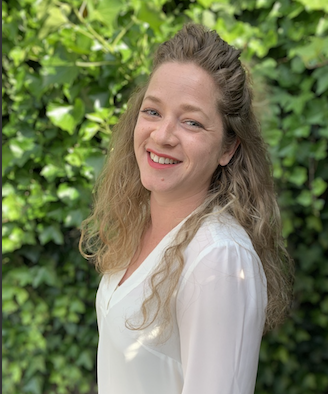
mobilize, or challenge the legal domain by extralegal means. Specifically, in my dissertation, I study the political implications of the practice of testimony in the struggle against sexual violence and for social change. My work is mostly theoretical, and it is informed by different schools of critical thought, such as feminist theory, postcolonial critique, and critical legal studies.
Many of the courses provide not only a foundational knowledge in law and society but also the tools for critical thinking. Therefore, the students receive exposure to important topics, approaches, and debates, and also learn how to evaluate these and challenge some of the assumptions that are often taken for granted. Also, coming from different fields, the faculty and the teaching assistants offer diverse points of view, which I believe enriches the students’ learning experience.
When I was in my undergrad, I was encouraged to ask a lot of questions and never presume that they are not important or “smart enough.” This is one of the best ways to learn and expand your horizons, and I think it is especially important during this hectic time. Either in class or privately, ask questions, and engage with your teaching team. This way, you can contribute to the learning experience of others, stay on track, and allow your instructors to stay tuned to the class.
Natali Levin Schwartz / PhD Student / Department of Politics / University of California, Santa Cruz
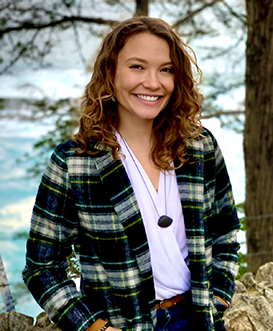 Hi everyone, my name is Lucia and I’m a graduate student in the Politics department where I use a multi-disciplinary lens, and both qualitative and quantitative methods to explore questions of global health. More specifically, I look at how patterns of globalization and neoliberalism shape health care access of low-income communities via multilateral organizations, aid agencies, and entities like non-governmental organizations (NGOs) and medical charities. Geographically, my work is focused on border spaces in the Caribbean and Central America.
Hi everyone, my name is Lucia and I’m a graduate student in the Politics department where I use a multi-disciplinary lens, and both qualitative and quantitative methods to explore questions of global health. More specifically, I look at how patterns of globalization and neoliberalism shape health care access of low-income communities via multilateral organizations, aid agencies, and entities like non-governmental organizations (NGOs) and medical charities. Geographically, my work is focused on border spaces in the Caribbean and Central America.
With the move to online as the pandemic hit Central California in March 2020, not only has this work become remote, but also have our classes, office hours with our professors, meetings of our student clubs and organizations, and study sessions with our peers. This seems like such a straightforward recommendation, but I’ll say it anyways: take good care of your mental, physical, and spiritual health through these times. Give your body the sleep it needs, stretch your legs, eat regular meals, journal, connect with friends and family, and wear a mask! Caring for your health will allow you to show up fully present for your scholarly responsibilities this quarter. On long days it’s normal to feel distant from your community and worn out from hours staring into the Brady Bunch squares on our Zoom lectures. Remember that these Zoom lectures, the discussion posts on Canvas, breakout rooms during section, and the lecture chat function—these, too, are community-building. These, too, give us a sense of scholarly belonging amongst our peers. I know I speak for all of us Politics TAs when I say that we are so honored to be working with you all. Thank you for the energy and curiosity you bring to sections. It means more than you’ll know.
Lucia Vitale / PhD Student / Department of Politics / University of California, Santa Cruz
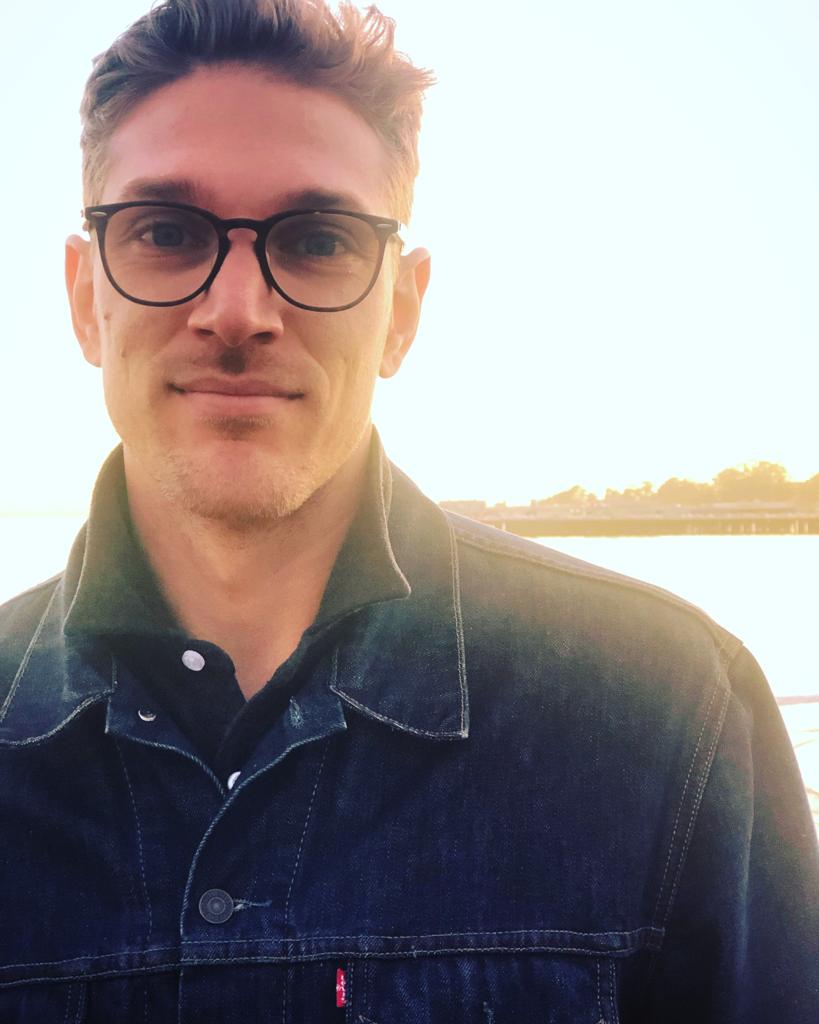
Ciao, my name is Alberto Ganis. I am a Ph.D. student in the Politics Department at UCSC, and I hold a Master's degree in Media Studies from Erasmus University Rotterdam. My research interests include sub-state nationalism, regional institutions, territorial and identity politics, European comparative politics, migration, and media. My current research seeks to understand the drivers of institutional change at the regional level, focusing on the case study of the Italian regions.
I have been TAing in the Politics Department and the Legal Studies program for three years. I also work as the TA Trainer for the Politics Department and serve as one of its graduate representatives. My teaching is based on equitable active learning, which seeks to engage the students through various activities, addressing and leveraging diverse pedagogical backgrounds. I strive to build a learning community in my classes, and I am always eager to hear my students' perspectives as well as their feedback on how to best adjust my teaching to improve their learning experience.
Alberto Ganis / Doctoral Student / Teaching Assistant / CITL Graduate Pedagogy Fellow / Graduate Representative
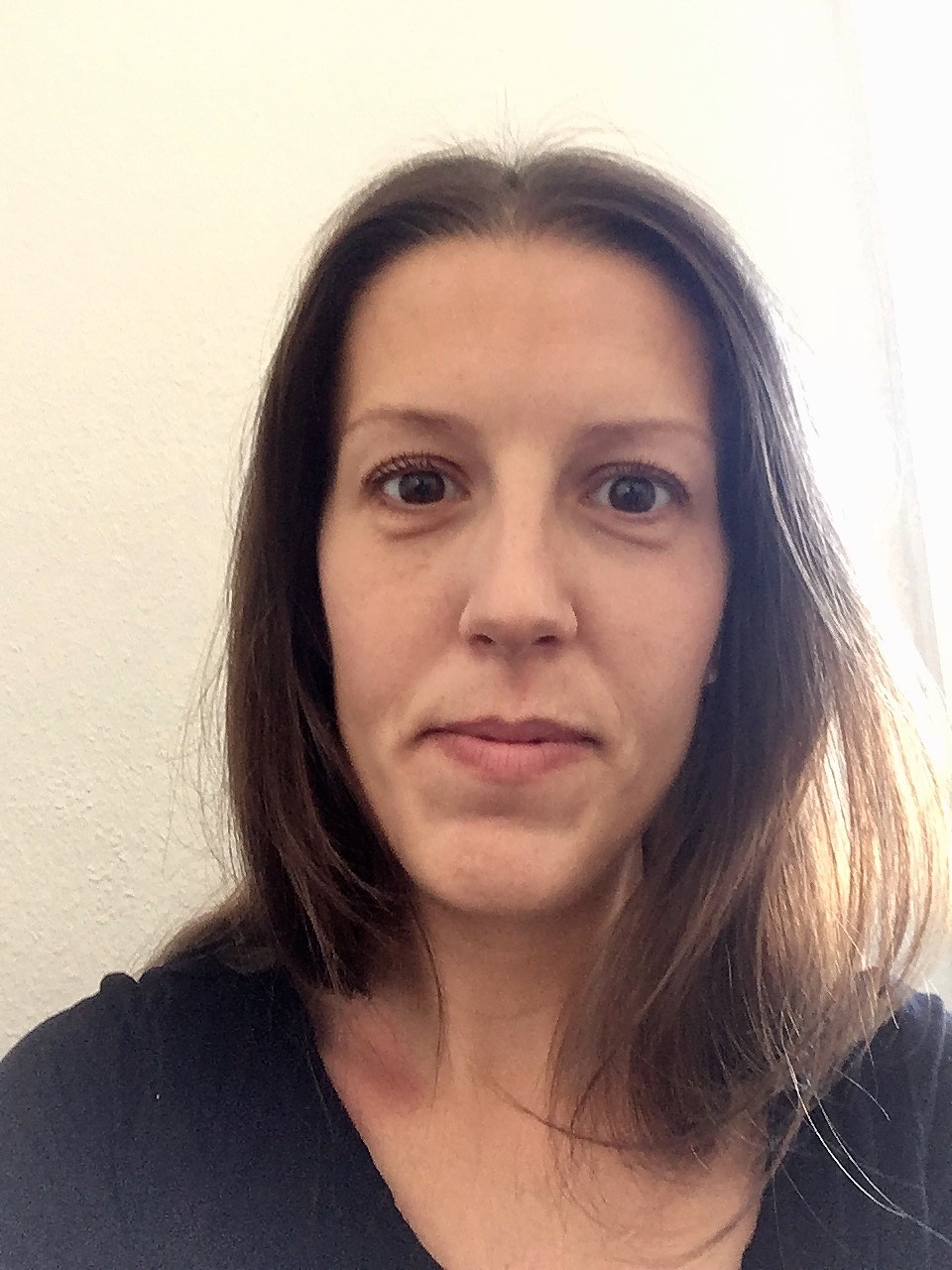
Hi everyone, my name is Mette, and I’m a Ph.D. student in the Politics Department. My research and teaching interests are broadly within law and society, critical political ecology, and feminist studies. Prior to coming to UCSC, I completed a master’s degree in human rights studies at Columbia University. My thesis on fracking in the U.S. motivated me to continue my research on the intersection of toxics, law and politics, human rights, and environmental injustice. My dissertation project will examine questions of injury and injustice in contexts of environmental harm, with a particular focus on food security policies, toxics' impacts on women, resistance to pesticide exposure, and the role of law and legal institutions.
My main advice to students is to focus on their learning process and developing their critical thinking and writing skills. From my experience, when applying for internships, jobs, grad school (or law school), a strong writing sample, relevant experience, and your motivation for applying are just as important as your GPA. So prioritize time to work on your writing and do fun and interesting extra-curricular activities. Personally, my internships at Amnesty International and Columbia Law School, non-profit work, and travels abroad have been the biggest driver for my graduate research. I also highly recommend students use the opportunity to talk to faculty members during office hours. There are so many amazing people at UCSC, and several that do interesting legal studies work, both within and beyond the Politics Department.
Mette Frederiksen / Ph.D. Student / Politics Department Teaching Assistant / Politics & Legal Studies
Hi all, my name is Rowan, I am a Ph.D student in the Politics Department at UCSC, also pursuing a designated emphasis in Feminist Studies and Critical Race and Ethnic Studies. My research focuses on the Early Modern period, exploring the ways in which English colonial expansion shaped political theory during this time. To this end I also research property laws as they emerged and shifted during this time, exploring the slippages between what and who counts as property and how an owner is defined. With these legal distinctions I examine the latent raced, classed and gendered assumptions within foundational texts of political theory. This element of my research dovetails with my work as a TA. I have taught for the theory classes that cover both the Politics and Legal Studies core requirements (the 105 series). These classes provide ways to think critically about the foundations of political thought and the tacit assumptions of our political and legal systems. The classroom spaces at UCSC that I have TA’ed for have been some of the most illuminating and surprising experiences, where undergraduate students push to relate the class materials to political events as they unfold in the present moment. It is a pleasure to work within such a politically engaged community of undergraduates.
Rowan Powell / Ph.D. Student / Politics Department Teaching Assistant / Politics & Legal Studies
Hello, I am Md Mizanur Rahman, a Ph.D. student in the Politics department at the University of California, Santa Cruz (UCSC). Before joining UCSC, I accomplished a master’s degree in International Relations at South Asian University, New Delhi. My research interest lies in Islam and liberalism, Islamic political thought, and Islam in modern South Asia. I am interested in locating ideas in context and particularly wish to examine how liberal concepts such as rationality, individualism, and freedom are interpreted in Islamic societies. Currently, I am thinking of my dissertation research to work on three Islamic scholars’ engagement with liberal ideas in South Asia. Having TAed in the Politics department and the Legal Studies program for two years, I experienced that students usually do not take the opportunity of learning from TAs beyond their class contents and assignments. I believe TAs have the expertise in different research areas and some of them have experiences of working with various national and international organizations. I would strongly encourage students to take this learning opportunity and develop a rapport with TAs, along with their fellow students in sections. We learn better when we learn together in various formal and informal setups.
Md Mizanur Rahman / PhD Student / Department of Politics / University of California, Santa Cruz
